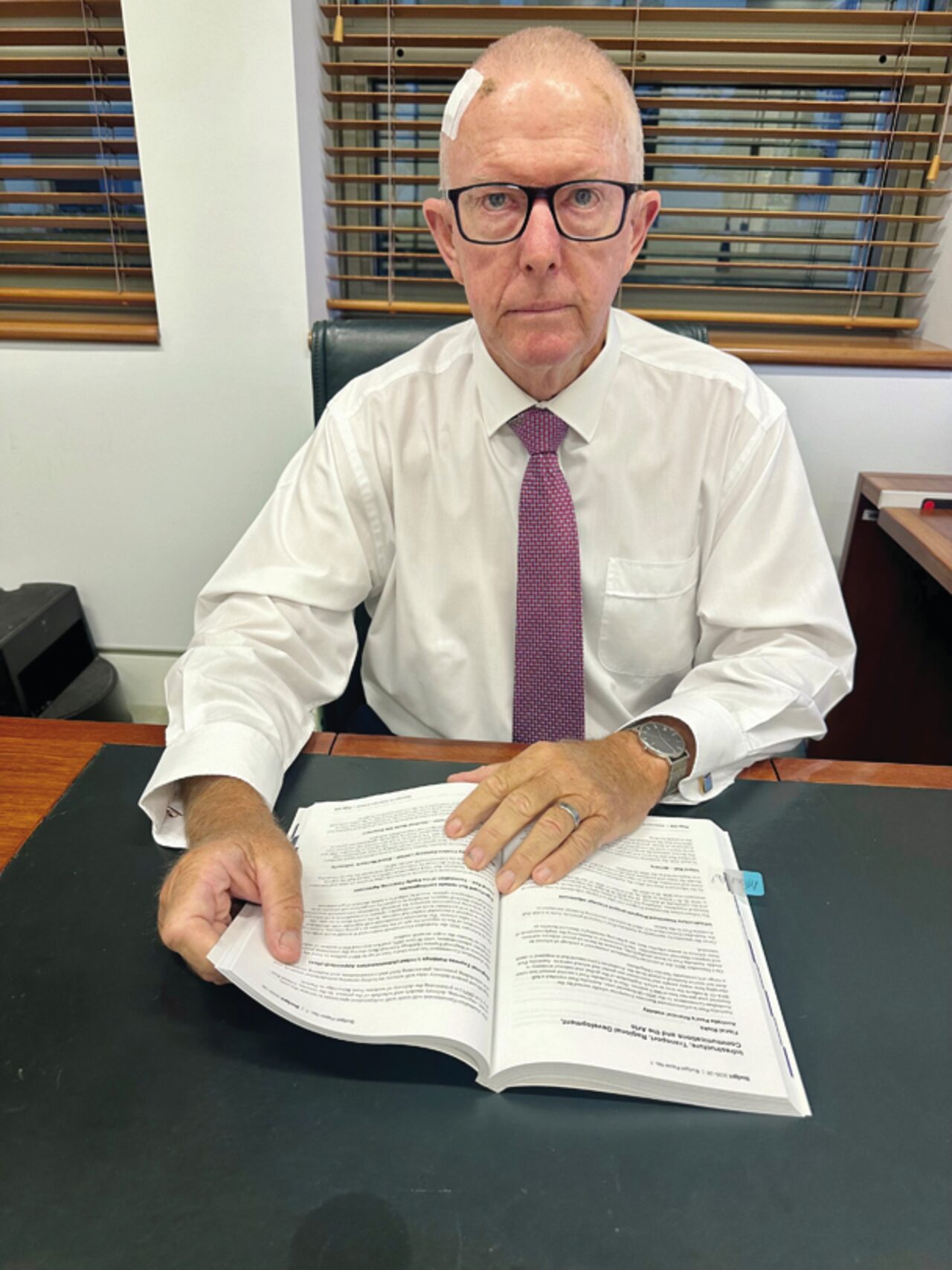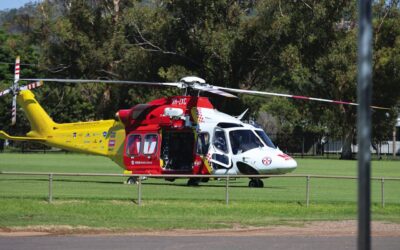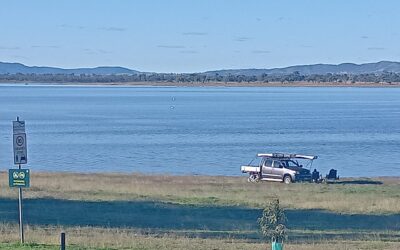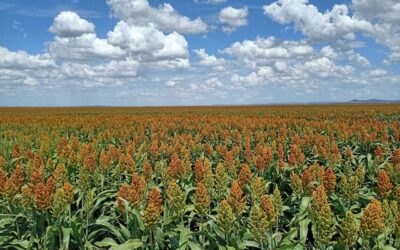Member for Parkes Mark Coulton says this week’s federal budget has left regional areas like Gunnedah out in the cold ahead of a looming winter election.
The federal election, which on Wednesday was expected to be called imminently, must be held on or before May 17.
Mr Coulton said the budget lacked substance and was a classic election sweetener designed to grab the headlines.
“This a budget to get (government) through the next few weeks and as an election is going to be called very soon,” he told ABC Radio.
“You have to do things that are not a sugar hit, you have to put in policies that will change the dial over a period of time to get these problems fixed.”
Crucially, he added, there was no new funding for grant programs critical to building community infrastructure in regional Australia such as the Stronger Communities Program, Local Roads and Community Infrastructure Program, Growing Regions Program and the Regional Precincts and Partnership Program.
Federal treasurer Jim Chalmers pitched tax cuts to every Australian taxpayer in 2026 and 2027 as key to the Labor government’s cost of living relief.
Combined with the first round of tax cuts, Mr Chalmers said the average tax cut is expected to be around $43 per week or more than $2200 in 2026–27, and around $50 per week or more than $2500 in 2027–28.
The government has also committed to a further $150 energy rebate for small businesses and every household but the Opposition said this will barely touch the sides amid growing power prices.
“Labor’s $150 energy rebate is a fraction of the cost of energy bills that have increased by up to $1300 since Labor came to government,” Mr Coulton said.
He also took aim at the tax cuts as not going far enough to provide real relief for working Australians.
“The proposed 70 cents a day election bribe doesn’t come in until next year, while Labor continues to run away from fixing the fundamentals of what is driving cost-of-living pressures, that regional Australia can be the solution to,” he said.
The government maintains, however, this is a responsible budget that helps with the cost of living, while building Australia’s future.
“Inflation is down, unemployment is low, real wages are growing again, and interest rates have started to come down,” Mr Chalmers said.
“We’re providing relief now and investing in the future, while delivering the biggest improvement to the bottom line in a single parliamentary term.”
Regional health care
The Australian College of Rural and Remote Medicine is pleased to see the federal budget commit about $8.5 billion in healthcare funding over four years.
ACRRM president Rod Martin said the sweetener was a $265.2 million investment to expand the pipeline of future general practitioners and rural generalists. But he sought more certainty for maternity services.
“Reports of rural maternity unit closures continue to emerge from all corners of the country,” Mr Martin said.
“Each closure weakens health in rural and remote communities just a little bit more.
“There has been no commitment to turn this around.
“Targeted funding is desperately needed to attract and retain the rural maternity workforce, including rural generalists skilled in obstetrics and anaesthetics, to ensure women in rural and remote communities can access safe, high-quality maternity care close to home.”
Gunnedah recently welcomed at least one new doctor whose training includes a sub-specialty in obstetrics.
To order photos from this page click here



